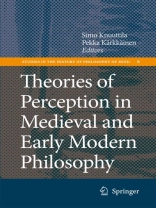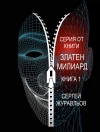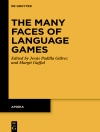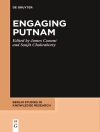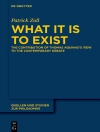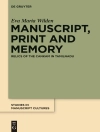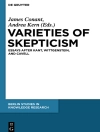Sense perception is one of the classical themes in philosophy. Although perhaps not among the most exciting topics, it is traditionally considered a necessary preamble to many of these, such as the mind-body relationship, consciousness, knowledge, and scepticism. This introductory role is not the only reason for the philosophical interest in perception. It is also a phenomenon which raises important questions about what is perceived, how a perceptual experience is caused, what the content of perception is, whether this content is conceptual, how perception is related to epistemic attitudes, and so on. While philosophical psychology is the main area in which perception is dealt with in contemporary philosophy, itis also discussed in the theory of knowledge, cognitive science, philosophical aesthetics and metaphysics. In recent years, the rich tradition of various philosophical theories of perception has been increasingly studied by scholars of the history of philosophy of mind. It may be added that there is of course a large number of scienti c studies of perception in psychology, physiology and contemporary neuroscience.
Cuprins
Aristotle’s Theory of Perception and Medieval Aristotelianism.- Plotinus on Sense Perception.- The Stoics on Sense Perception.- Degrees of Abstraction in Avicenna.- The Ontological Entailments of Averroes’ Understanding of Perception.- Robert Kilwardby on Sense Perception.- Perceiving One’s Own Body.- Pietro d’Abano and the Anatomy of Perception.- Id Quo Cognoscimus.- Seeing and Judging: Ockham and Wodeham on Sensory Cognition.- Horse Sense and Human Sense: The Heterogeneity of Sense Perception in Buridan’s Philosophical Psychology.- Objects of Sense Perception in Late Medieval Erfurtian Nominalism.- Renaissance Views of Active Perception.- Time and Perception in Late Renaissance Aristotelianism.- Malebranche’s Ontological Problem of the Perception of Bodies.- Locke on the Intentionality of Sensory Ideas.
